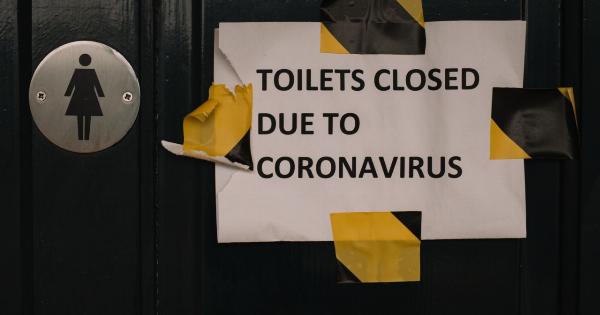Hymenitis is a rare condition that occurs when the hymen, a thin membrane that surrounds the vaginal opening, becomes inflamed.
Although hymenitis is not common, it is important for parents to understand the symptoms, treatment, and prevention of this condition.
Symptoms of Hymenitis in Children
The symptoms of hymenitis in children may include:.
- Swelling and redness around the vaginal opening
- Pain or discomfort during urination
- Pain or discomfort during sexual activity (if the child is an adolescent)
- Fever
- Discharge from the vagina
- Bleeding from the vagina (if the child has started menstruating)
If your child is experiencing any of these symptoms, it is important to bring them to their pediatrician for an evaluation.
Treatment of Hymenitis in Children
The treatment for hymenitis in children depends on the cause of the inflammation. If the cause of the hymenitis is due to an infection, your child’s pediatrician may prescribe antibiotics.
If the hymenitis is due to an injury, your child’s pediatrician may recommend pain relievers or other treatments to reduce swelling and inflammation.
If the hymenitis is severe, your child’s pediatrician may recommend surgery to remove a portion of the hymen.
Prevention of Hymenitis in Children
Preventing hymenitis is not always possible, but there are several things parents can do to reduce the risk of their child developing this condition:.
- Teach your child proper hygiene habits, including wiping from front to back after using the bathroom
- Make sure your child wears clean, properly fitting underwear
- Avoid harsh chemical irritants, such as scented soaps or douches
- Encourage your child to drink plenty of water to stay hydrated
Parents should also make sure their child is up-to-date on their vaccinations, as certain infections can increase the risk of hymenitis.
When to See a Doctor
If your child is experiencing symptoms of hymenitis, it is important to bring them to their pediatrician for an evaluation. In some cases, hymenitis can be a sign of a more serious condition, such as an STD or other infection.
Your child’s doctor can help determine the cause of the hymenitis and recommend appropriate treatment.
Conclusion
Although hymenitis is not a common condition, it is important for parents to understand the symptoms, treatment, and prevention of this condition.
By practicing proper hygiene habits and staying up-to-date on vaccinations, parents can help reduce their child’s risk of developing this condition. If your child is experiencing symptoms of hymenitis, it is important to bring them to their pediatrician for an evaluation.





























